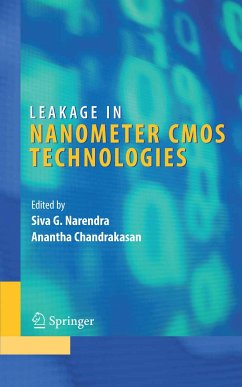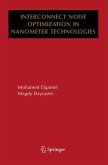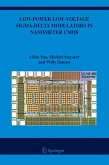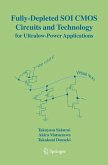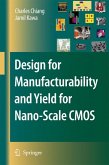Also treated are the resulting effects so the reader understands the effectiveness of leakage power reduction solutions under these different conditions.
Case studies supply real-world examples that reap the benefits of leakage power reduction solutions as the book highlights different device design choices that exist to mitigate increases in the leakage components as technology scales.
Dieser Download kann aus rechtlichen Gründen nur mit Rechnungsadresse in A, B, BG, CY, CZ, D, DK, EW, E, FIN, F, GR, HR, H, IRL, I, LT, L, LR, M, NL, PL, P, R, S, SLO, SK ausgeliefert werden.

